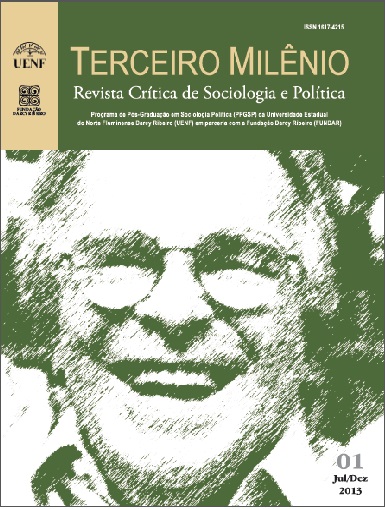
The Post-Graduate Program in Political Sociology, created in 2007, aims to train masters and doctors with academic and professional qualifications for studies and research on topics involving approaches to Political Sociology. The research lines cover a wide range of themes, focusing on the relationship between collective identities, social practices, and political participation. They address the relationship between the State and the market, political institutions, gender and ethnic identities, social movements, forms of social differentiation and stratification, territorialities, and culture and power. They seek to investigate the comprehension of social relations and societal processes, the genesis, formation, consolidation, and transformation of social movements, as well as issues related to political regimes and institutions of the State, regarding local, regional, and national issues and comparative studies.
The Master’s degree strives to offer graduates in-depth studies in political sociology by promoting solid theoretical and methodological foundations in this area of knowledge, qualifying students for the exercise of college-level teaching and research as well as the skills needed in public, private, and business-sector settings.
The doctoral program strives to meet the full range of scientific skills and competencies required of researchers, with qualified production of relevant knowledge in the area of Political Sociology and for the exercise of professional, teaching, and research activities.
Features:
Terceiro Milênio – Revista Crítica de Sociologia e Política
Joint publication of the Graduate Program in Political Sociology of UENF in partnership with Fundação Darcy Ribeiro

